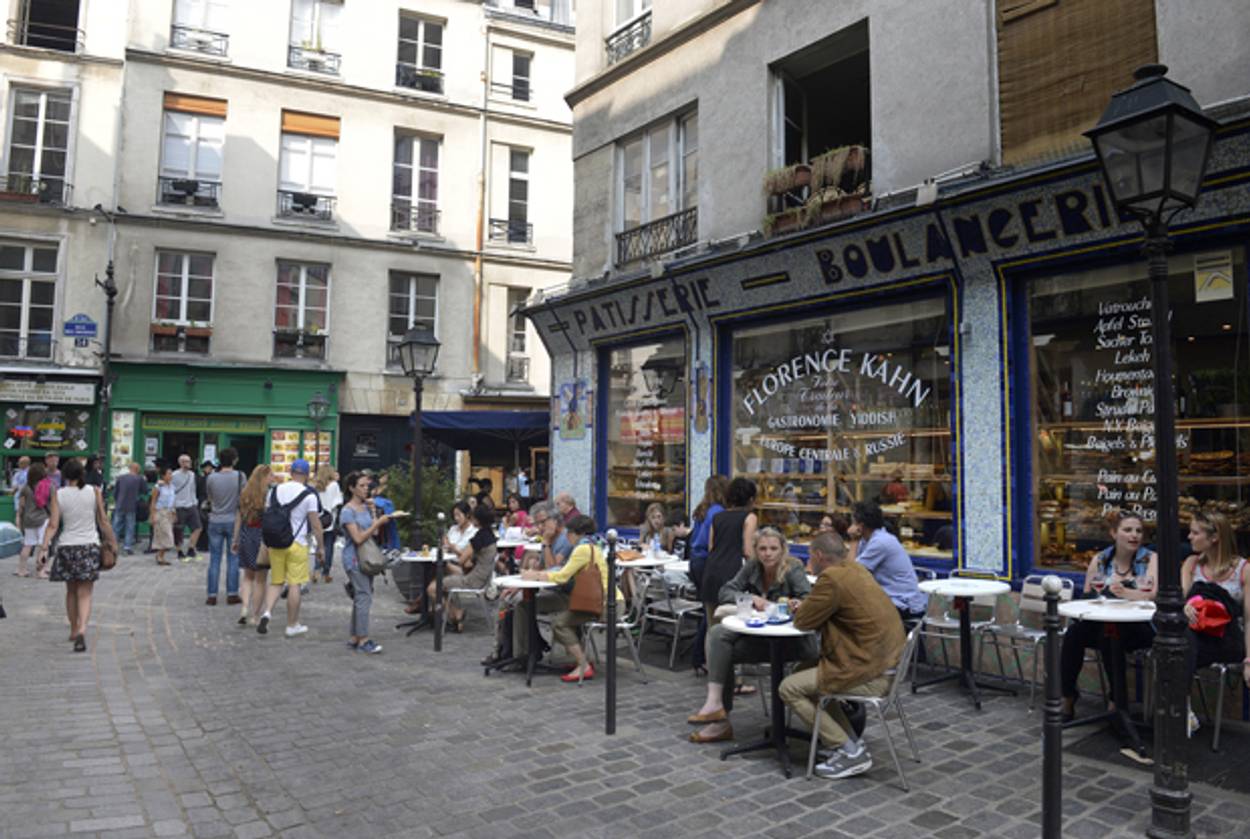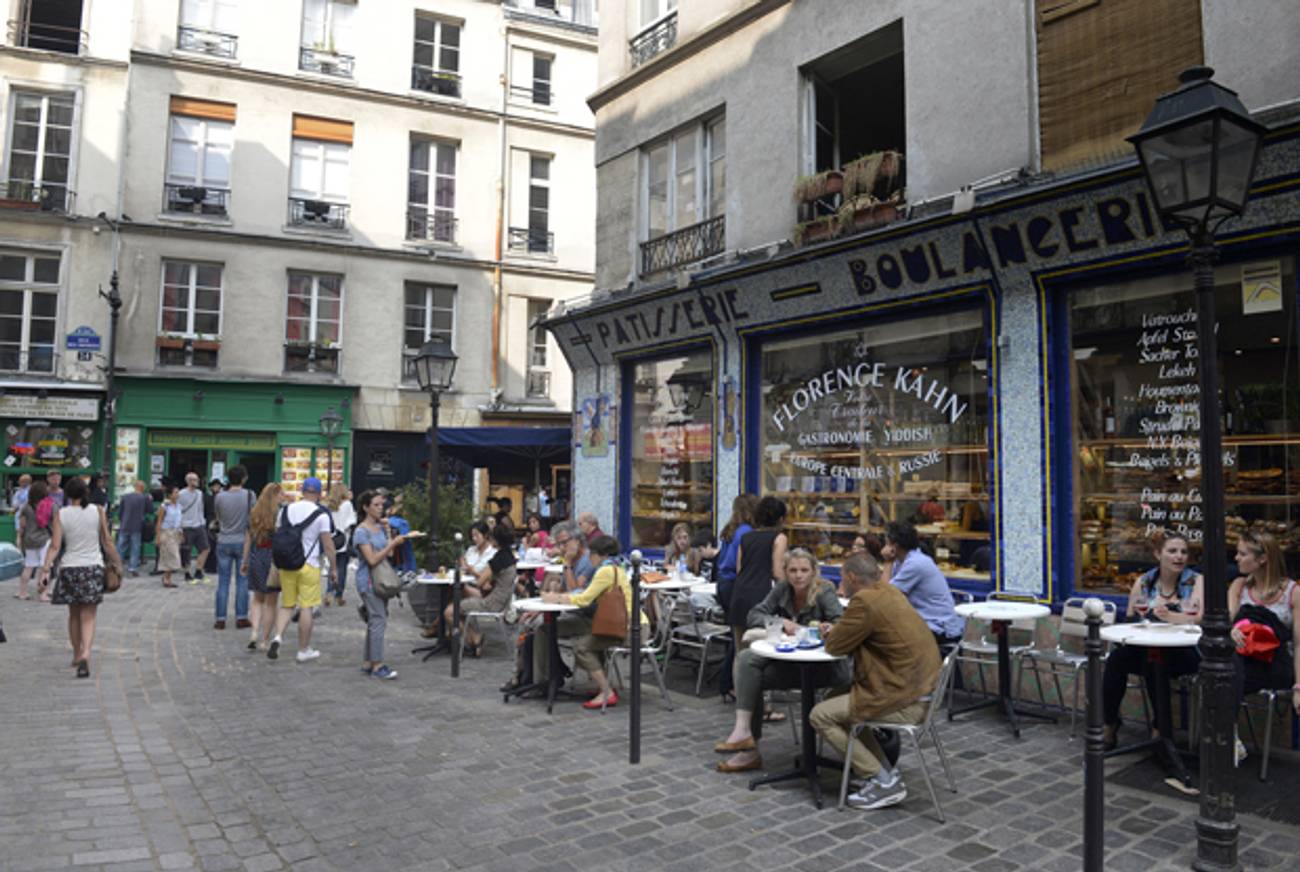Rising Number of French Jews Making Aliyah
There was a 62 percent increase in French immigration to Israel in 2013




Aliyah rates from Western Europe increased by 35 percent in 2013, with 4,390 people immigrating to Israel from Western European countries as compared with 3,258 in 2012, according to data released by the Jewish Agency for Israel and the Israel Ministry of Immigration and Absorption.
The most dramatic upturn in aliyah rates, though, was seen in France. In 2013, 3,120 new olim, or people making aliyah, arrived in Israel from France, compared to 1,916 the previous year, marking a 63 percent increase. 2013 was also the first year since 2005 that more Jews immigrated to Israel from France than from the United States, despite the massive disparity in size between the two communities. Even more striking, the increase in French aliyah rates was the driving force behind a 7 percent increase in the total number of Jews who moved to Israel this year.
There are two major factors that explain the rise in French aliyah rates, Shay Felber, the Jewish Agency for Israel’s deputy director general for community service, explained. The first is the ongoing economic malaise in Europe, which is affecting France in particular. Unemployment peaked at 11 percent in July and August, and after negative growth in the third quarter, the French economy is in danger of falling back into a recession. Such problems are “pushing young Jewish students to leave France in search of other job opportunities,” Felber said.
The other factor is anti-Semitism. “Although it has been going down over the past couple of years, French Jews remained concerned about the future,” Felber said. Indeed, a recent survey published by the European Union Agency for Fundamental Rights showed that 85 percent of French Jews believe anti-Semitism is a problem in their country, with 70 percent fearful of becoming the victim of a hate crime. As a result, 51 percent of French Jews frequently avoid wearing, carrying, or displaying items that might help identify them as Jews in public.
But these factors alone don’t account for the upturn in French aliyah rates, or explain why Jews seeking to leave France would choose Tel Aviv and Jerusalem over London or Montreal. Rather, the trends represent an expression of the French Jewish community’s increasingly Zionistic mentality, particularly among young French Jews, and a manifestation of efforts by the Jewish Agency, the Israel government, and other non-profits to cultivate Jewish identity in France.
Programs such as Masa Israel Journey and Bac Bleu Blanc, which bring young French Jews to Israel for educational trips or volunteer opportunities, have been successful in encouraging aliyah. “This year, almost 1,000 young French Jews will have used Masa,” Felber explained, “and 70 percent of the students coming through the Masa programs go on to make aliyah.” Other factors for potential olim are familial connections between France and Israel, plus the community of around 100,000 French-speaking olim already living in Israel.
Overall, though, while other Western European nations did see an increase in aliyah rates, no other country exhibited an increase of the same statistical significance. The Netherlands, for example, saw a 54 percent increase in aliyah rates, but the uptick was a result of only 74 olim. Similarly in Belgium, a 46 percent increase in aliyah rates was accomplished by just 240 new immigrants. As for France, where the situation for the Jewish community gets more dreary by the day, there is little reason to think that French olim won’t outnumber their American counterparts once again next year.
Related: Sweetening the Deal
New Wave
Liam Hoare is a freelance writer based in Vienna, where he is the Europe Editor for Moment and a frequent contributor to Tablet.